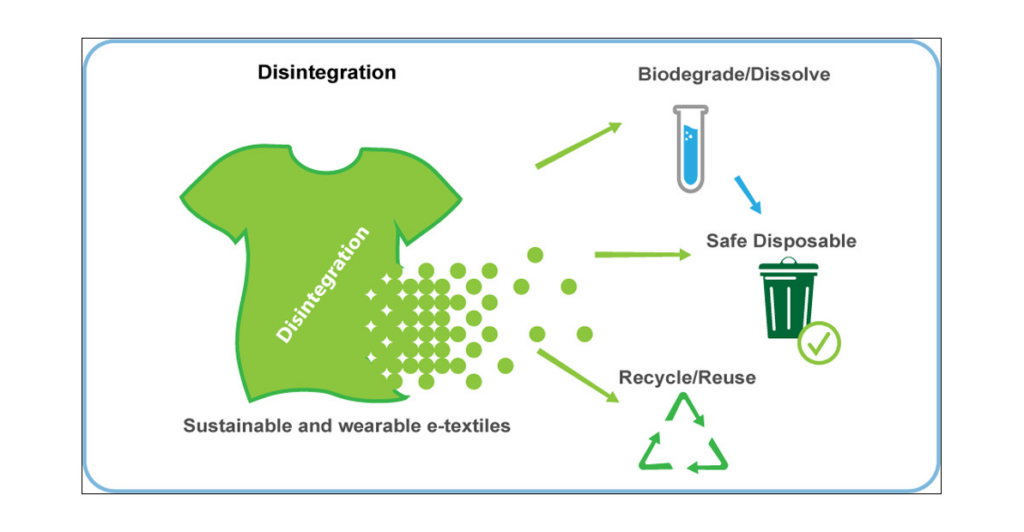
The push for sustainable fashion practices has gained momentum in recent years, with consumers increasingly demanding transparency and ethical production. However, despite growing awareness, many large fashion brands are pushing back against stricter sustainability regulations, creating a complex and often controversial debate. Let’s delve into the reasons behind this resistance and explore the various perspectives at play.
The Cost of Going Green: Financial Concerns and Practical Challenges
Implementing sustainable practices often comes with a hefty price tag. Sourcing eco-friendly materials, adopting cleaner production processes, and implementing robust traceability systems can be significantly more expensive than traditional methods. Big brands, particularly those operating on tight margins, argue that absorbing these costs without commensurate price increases could jeopardize their profitability and competitiveness. Additionally, transitioning to new materials and production methods can pose logistical challenges, requiring infrastructure upgrades and retraining of personnel, further raising concerns about feasibility and potential disruptions.
Fear of the Unknown: Regulatory Uncertainty and Unintended Consequences
The regulatory landscape surrounding sustainable fashion is still evolving, with various proposals and policies at different stages of implementation. The lack of clear and unified regulations creates uncertainty for businesses, making it difficult to plan future investments and strategies. Concerns exist about unforeseen consequences and potential inconsistencies in different markets, adding to the complexity of navigating the sustainability landscape. Some argue that overly stringent regulations could hinder innovation and limit consumer choice, potentially backfiring on the overall sustainability goals.
Greenwashing Concerns: Balancing Transparency and Public Perception
The fashion industry has a checkered past with “greenwashing,” making unsubstantiated claims about sustainability efforts. Brands are wary of regulations that might create new opportunities for misleading marketing tactics, further eroding consumer trust. Finding the right balance between legitimate sustainability efforts and accurate communication remains a major challenge. Some argue that regulations focusing on concrete data and verifiable metrics can help curb greenwashing and build trust with consumers.

Collaboration vs. Mandates: Seeking Partnership Over Imposition
Many large brands advocate for collaborative approaches to achieving sustainability goals, preferring industry-wide initiatives and voluntary standards over mandated regulations. They argue that collaboration allows for flexibility, innovation, and adaptation to diverse business models and supply chains. Additionally, partnerships with stakeholders across the industry, including NGOs, governments, and manufacturers, can foster knowledge sharing and accelerate progress towards shared sustainability objectives.
The Road Ahead: Finding Common Ground for a Sustainable Future
The evolving debate surrounding sustainability regulations in fashion highlights the complex challenges and divergent perspectives within the industry. While concerns about cost, uncertainty, and greenwashing are valid, ignoring the urgent need for systemic change is equally unsustainable. Finding common ground requires open dialogue and collaborative efforts among all stakeholders.
- Government: Streamlining regulations, providing clear guidelines, and offering incentives for early adopters can encourage progress while minimizing unintended consequences.
- Brands: Transparency, collaboration, and investment in genuine sustainability initiatives are crucial for building trust and ensuring long-term viability.
- Consumers: Educating themselves, making informed choices, and rewarding brands that demonstrate genuine commitment can drive market forces towards sustainability.
By moving beyond the adversarial narrative and embracing a collaborative approach, the fashion industry can navigate the complexities of sustainability regulations and work towards a future where environmental responsibility and economic viability coexist.